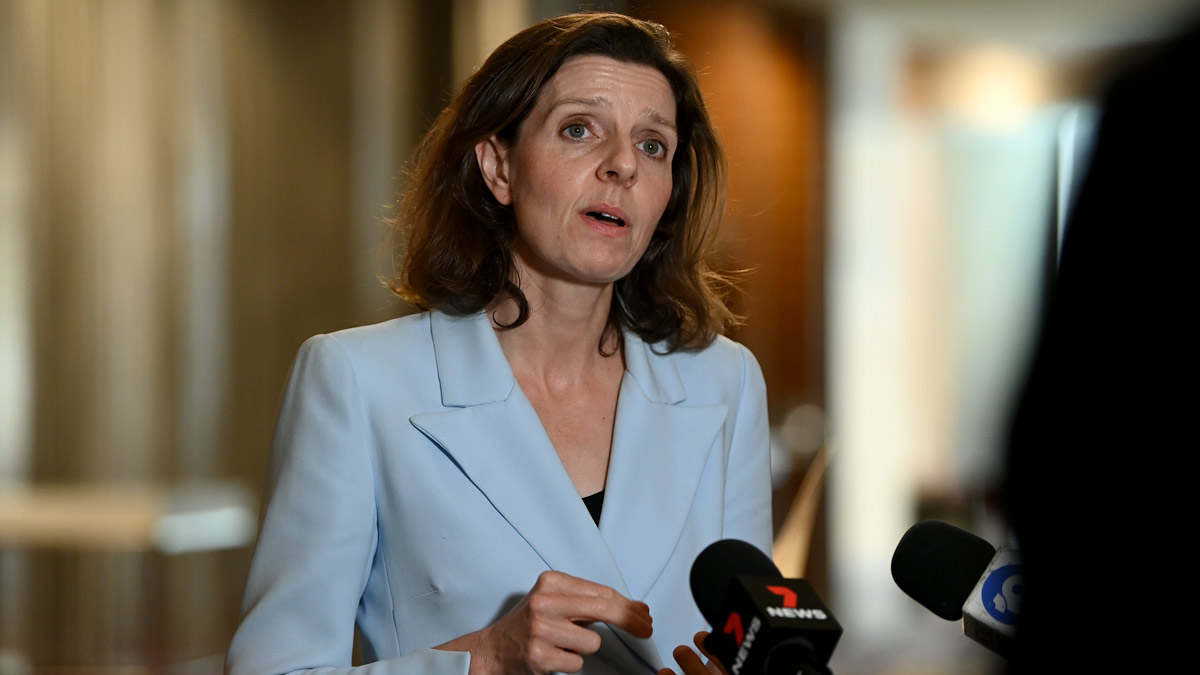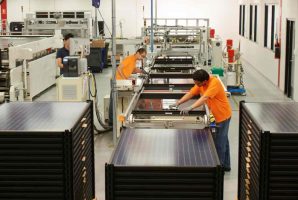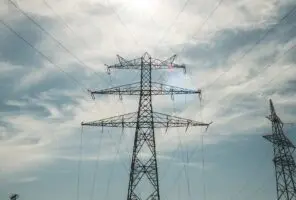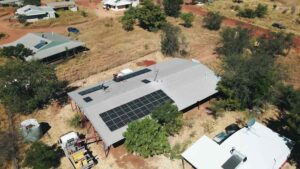Pressure is building on Australian governments to draw a line in the sand on residential gas, with a call from the federal crossbench to incentivise the electrification of rentals and apartments, and a push from the energy consumers lobby for a nationwide ban on gas in new homes.
In a letter to the federal energy minister and federal treasurer, a group of 10 independents headed up by the member for Wentworth, Allegra Spender, says transitioning households away from gas and towards efficient electrical appliances is “a cost-of-living imperative.”
The cross-benchers, many of them elected as part of the “teal” wave of the 2022 federal election, call for two policies to drive solar electrification, including a tax incentive for landlords to swap out gas appliances with more efficient electrical alternatives.
The second policy request is for a “tax simplification” to make it easier for people in apartments to access rooftop solar.
The first policy, which the group says has been costed by the Parliamentary Budget Office, would allow landlords to instantly write-off the cost of replacing gas appliances with more efficient electrical alternatives – a measure they say would increase the number of rental properties that switch from gas to electric by 23%.
“This was a key recommendation of the Grattan Institute’s 2023 Getting Off Gas report and has support from community stakeholders including Better Renting,” the letter says.
The MPs say the instant asset write-off would result in 10,000 additional hot water heat-pumps, induction cooktops, and energy-efficient reverse cycle space heating being installed each year, and a combined reduction in energy bills of between $514 and $1,594 each year.
“These two modest and commonsense proposals would have material cost-of-living benefits for renters and very limited cost to the taxpayer,” says the letter, co-signed by Kate Chaney, Zoe Daniel, Helen Haines, Dai Le, David Pocock, Monique Ryan, Sophie Scamps, Zali Steggall and Kylea Tink.
“They would also make an important contribution to driving down Australia’s carbon emissions by accelerating the transition away from household gas use.
“They are by no means the only changes that are needed to ensure renters share in the benefits of household electrification, but they would nonetheless make a meaningful difference.”
In a separate campaign launched on the same day, Energy Consumers Australia has called on all governments to implement a blanket ban on gas connections for new homes and develop “a clear plan to electrify all existing Australian households and small businesses.”
In a submission to the Senate Economics References Committee Inquiry into Residential Electrification, the ECA also calls on governments to consider introducing mandatory information disclosures on gas appliances to warn consumers about the economic risk of investing in gas appliances – both now, with high market prices, and in the future when gas is being phased out.
ECA CEO Dr Brendan French says the lobby group’s main concern is that without a national plan households that can least afford it could be stuck with spiralling energy bills.
“People who face barriers to going all-electric could be left behind and unable to access … savings,” French said on Wednesday.
“Governments must make sure those who can least afford to make the switch don’t end up shackled to a fossil fuel gas network that becomes more and more costly for fewer and fewer people.
French says that with Victoria and the ACT already putting in place gas bans for new homes, Australia’s other states and territories need to follow suit.
“Consumers and industry deserve certainty,” he said on Wednesday.
“We need all three levels of government to come together and develop a national plan for households to go all-electric that provides the information, funding and support people need, and identifies the policy changes that will ensure no one is left behind.”










